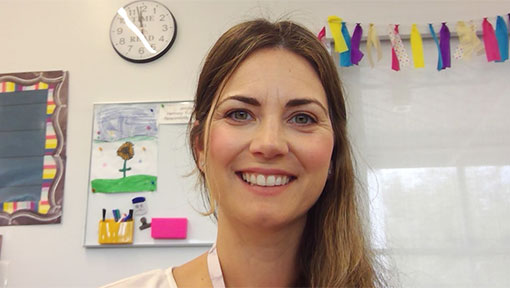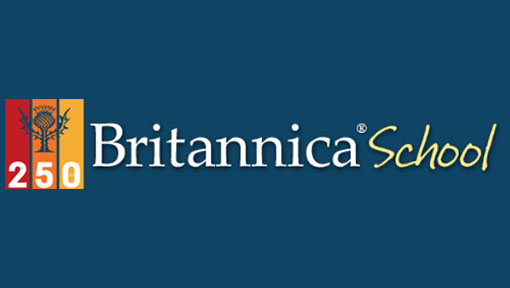Griffiths Library

Library Hours
M, T, Th, F: 7:30 am – 3:00 pm
Wednesday: 7:30 am – 1:45 pm
Get instant access to ebooks and audiobooks with SORA. Use your student information to login.
Online Expectations
Online Research
MLA & Citation Sources
Let’s Talk Books
Meet Your Librarian
Hi! I’m Mrs. Bliss your teacher librarian, and I am so excited for the school year. I completed my bachelor’s degree and teaching credential in English at Cal State Fullerton. I obtained my Masters in Library Science from San Jose State University. The library is a welcoming place for all students to read, learn, and explore! I’m always happy to help you find a book or do my best to answer any other questions (school and nonschool related)! Remember a librarian is the original search engine. Please feel free to contact me anytime with questions. I look forward to a wonderful school year.
*Don’t forget to check out the library’s Canvas page for more great resources.
Email: jebliss@dusd.net

What is Information Literacy?
Informationally literate students are able to…
- Determine the extent of information needed
- Access the needed information effectively and efficiently
- Evaluate information and its sources critically
- Incorporate selected information into one’s knowledge base
- Use information effectively to accomplish a specific purpose
- Understand the economic, legal, and social issues surrounding the use of information, and access and use information ethically and legally
-American Library Association
Resources for Fact Checking
Reading News Online
How to Choose Your News
How False News Can Spread
How to Spot Fake News
Reading News Online
How to Choose Your News
How False News Can Spread
How to Spot Fake News
Breaking News Consumer’s Handbook: Fake News Edition
-
- Big red flags for fake news: ALL CAPS, or obviously photoshopped pictures.
- A glut of pop-ups and banner ads? Good sign the story is pure clickbait.
- Check the domain! Fake sites often add “.co” to trusted brands to steal their luster. (Think: “abcnews.com.co”)
- If you land on an unknown site, check its “About” page. Then, Google the word “fake” and see what comes up.
- If a story offers links, follow them. (Garbage leads to worse garbage.) No links, quotes, or references? Another telltale sign
- Verify an unlikely story by finding a reputable outlet reporting the same thing.
- Check the date. Social media often resurrects outdated stories.
- Read past headlines. Often they bear no resemblance to what lies beneath.
- Photos may be misidentified and dated. Use a reverse image search engine like TinEye to see where an image really comes from.
- Gut check. If a story makes you angry, it’s probably designed that way.
- Finally, if you’re not sure it’s true, don’t share it! Don’t. Share. It.

I.C.E. | Cite Sources Like a Pro
Introduce your quotation
Introducing your expert or sources is important for readers because it shows the source is legitimate. In other words, if you are writing about a medical topic, it would make sense that you would gather information from medical journals, databases and medical professionals.
- Using a signal phrase helps introduce your expert material into your sentences and paragraphs in a smooth and coherent way.
Cite your quotation
Citing your sources means that you have given credit to the original author or agency that wrote the material.
- Follow this rule of thumb: “If in doubt, cite it.”
- What should be cited?
- Cite anything that is quoted word for word directly from the original source.
- Cite anything that is paraphrased from the original source.
- Cite all tables, figures, maps, and etc.
- Cite anything from electronic sources off the internet
- Cite any interviews
- Examples:
- “By the year 2010, all automotive companies will be required to show evidence of alternative fuel vehicles in production.” (Williams 20)
Explain your quotation
Tell your reader what the quotation/fact/data means with regard to your topic and how they relate to your thesis statement.
Key thought: Why is this important and what does it have to do with my main point?
Citation Resources
MLA Style Citing
In Text Citations for Beginners
Using Citations Effectively
Choosing and Using Quotations
How to Know If a Source Is Reliable
Online Research
The library has a subscription to databases that you can access anytime, anywhere! See Mrs. Bliss in the library for the password.
Britannica Escolar
¿Necesitas ayuda con la investigación? Encuentre artículos, videos y más.
Gale Virtual Reference Library
A database of encyclopedias and specialized reference sources for multidisciplinary research.
Gale Virtual Library (Mental Health)

Find Mental Health Resources (Password: school)





